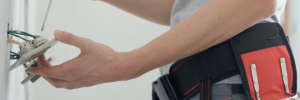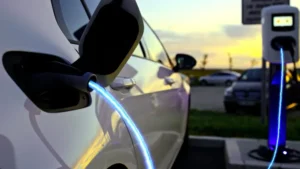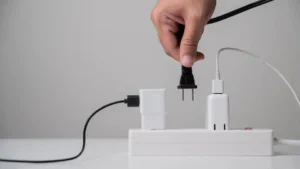Everywhere from the media to social media is teeming with tips and tricks to help us all save money on our energy bills. However, with so many sources claiming you could save hundreds of dollars on your bills, it’s easy to mistakenly believe that any trick and trick will work.
We look at energy-saving tips that won’t save you any money at all, and even share some of our own advice on what you can do instead.
Tin foil behind Radiators
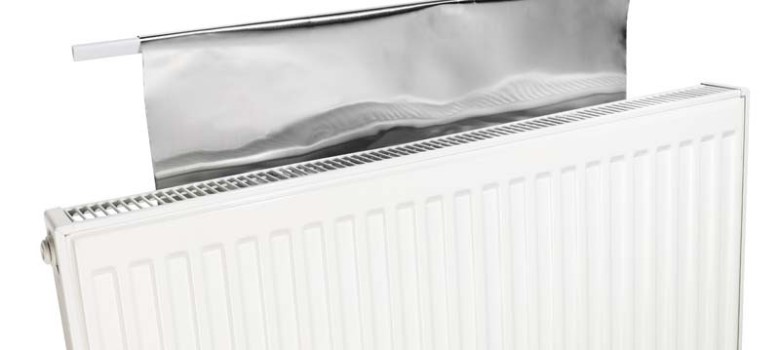
It’s a trick that’s been around for many years: the idea of putting aluminum foil behind the radiators to increase the heating effect of the device by preventing the heat from escaping unnecessarily into the cavities of the walls.
However, if your cavity walls are already adequately insulated, fitting aluminum foil behind your radiators will have little or no impact on your energy bill as the cavity wall insulation is already in place to retain the heat.
Even if aluminum foil were fitted behind radiators installed on uninsulated cavity walls, the radiator would need to be powered for the same amount of time to achieve the desired effect, so the benefit in these circumstances is still minimal.
If you’re looking to use your radiators more efficiently, you can check out our range of thermostatic radiator valves and smart thermostatic radiator valves that allow you to control your heating room by room.
Turning water heaters off when not in use
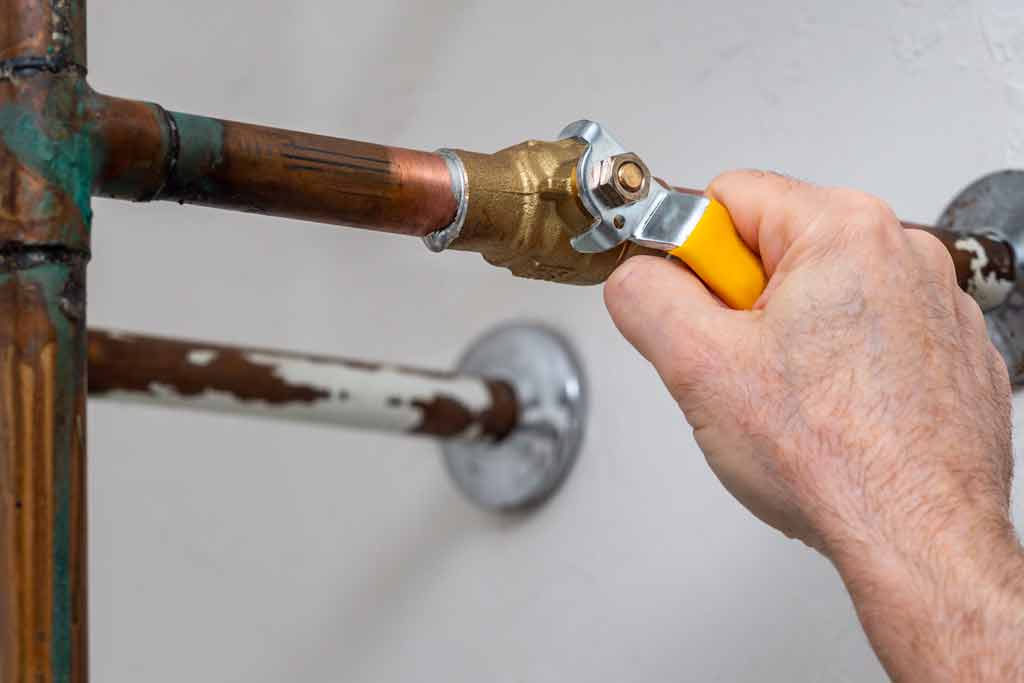
That makes sense in theory, because when the device is off, it can’t use any power.
However, turning your boilers and water heaters on and off simply means that the tank has to be reheated every time you need hot water.
The most effective way to ensure you always have hot water when you need it is to invest in a good quality insulating jacket for your water heater so you can heat your tank to the temperature you want and maintain it most of the day if not all day.
Using your thermostat at a higher temperature for shorter periods of time
Following a similar logic to the previous energy saving myth, many may believe that cranking your thermostat up to its very limit for a short period of time will conserve energy.
The purpose of a thermostat is to keep a room at a steady desired temperature; therefore, it does not matter how much quicker the room heats up, it will take the same amount of time to level out back to the desired predetermined temperature, while still using the same amount of energy.
We recommend only using your central heating when you are at home, and if you already have a smart heating system or are looking into investing in one, you can set your central heating to turn on before you get home, so that by the time you arrive, the house will be at the perfect temperature.
Painting Radiators Black
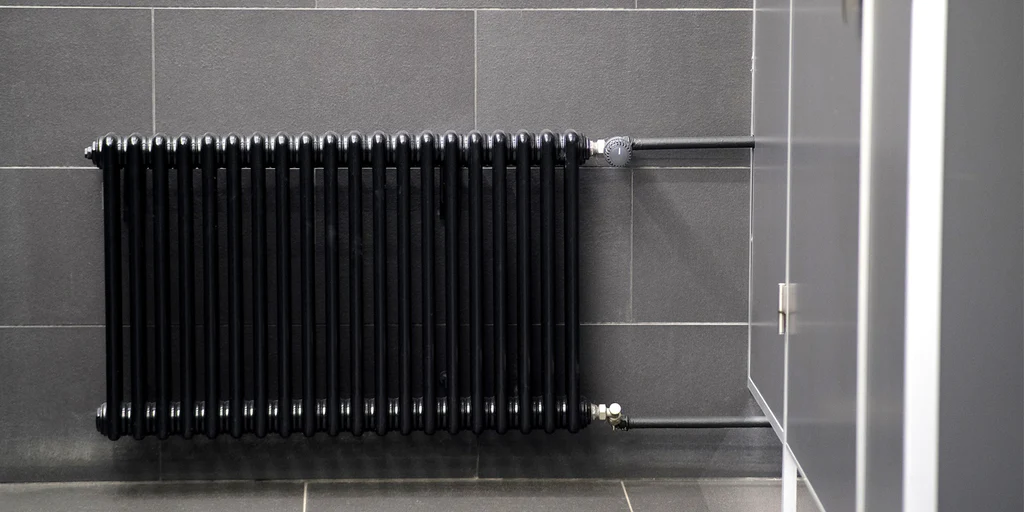
Again, this myth is based on half-truths. It is true that black and dark-colored materials and objects absorb heat faster than white or light-colored objects.
However, this only applies to heat generated by light. While painting your radiators black adds a certain aesthetic flair to your interior design, it does absolutely nothing to reduce your energy bills.
FAQs about Energy Saving Tips that Don’t Actually Work:
Q: What are some energy saving tips that don’t actually work?
A: There are a number of energy saving tips that are commonly shared, but they may not actually work or may not be as effective as other methods. Some examples include:
- Unplugging appliances when they’re not in use: This is a common tip, but it’s actually not necessary for most appliances. Most appliances use very little power when they’re turned off, and the energy saved by unplugging them is negligible.
- Using a fan instead of air conditioning: Fans can help to circulate air and make you feel cooler, but they don’t actually cool the air. If you’re trying to save energy, using a fan is not as effective as using air conditioning.
- Boiling water in the microwave: This is a popular tip for people who want to save energy, but it’s actually not as efficient as boiling water on the stove. The microwave uses more energy to heat up the water, and it doesn’t heat the water evenly.
- Turning down the thermostat at night: This is a good way to save energy, but you don’t need to turn it down too low. Turning the thermostat down by just a few degrees can save you a significant amount of energy.
- Using energy-saving light bulbs: Energy-saving light bulbs are more efficient than traditional light bulbs, but they’re not always the best option. Energy-saving light bulbs can be more expensive to purchase, and they may not last as long as traditional light bulbs.
Q: How can I tell if an energy saving tip is actually effective?
A: There are a few things you can do to tell if an energy saving tip is actually effective. First, you can look for scientific studies that have been done on the tip. Second, you can ask energy experts for their recommendations. Third, you can try the tip yourself and see if it makes a difference in your energy bill.
Q: What are some effective energy saving tips?
A: There are many effective energy saving tips that you can follow. Some examples include:
- Sealing air leaks: Air leaks can waste a lot of energy, so it’s important to seal them up. You can do this by caulking around windows and doors, and by weatherstripping around doors and windows.
- Insulating your home: Insulation helps to keep your home warm in the winter and cool in the summer. You can insulate your attic, walls, and floors to save energy.
- Using energy-efficient appliances: Energy-efficient appliances use less energy than traditional appliances. When you’re buying new appliances, look for the Energy Star label, which indicates that the appliance is energy efficient.
- Drying your clothes on a clothesline: Drying your clothes on a clothesline is a great way to save energy. Clotheslines are free to use, and they’re also better for the environment.
- Taking shorter showers: Taking shorter showers can save a lot of water and energy. Aim to take showers that are no longer than five minutes.
When it comes to saving energy, it’s important to separate fact from fiction to ensure that reducing energy costs is not only effective, but easy.

